SUMMARY
This is AI generated summarization, which may have errors. For context, always refer to the full article.
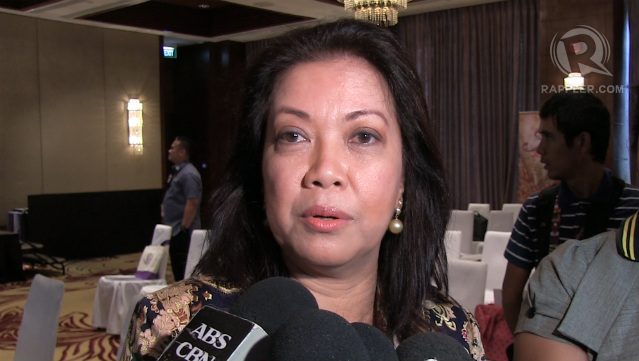
BORACAY, Philippines – Chief Justice Maria Lourdes Sereno suggests a closer look into the gaps of the local legal profession before moving towards liberalization, which allows foreign lawyers to practice in the country.
She said it is a “matter that must be discussed more thoroughly by the Supreme Court,” as the Philippines itself is “still grappling with the question of our own jurisdiction.”
The free flow of skilled labor is among the key elements in the economic integration of the Association of Southeast Asian Nations (ASEAN), but this presently excludes the legal profession.
“Why don’t we first define what the Filipino public really needs, what our Philippine businesses really need and, from there, move forward,” she said Monday, March 2, on the sidelines of the 3rd ASEAN Chief Justices Meeting.
She added that legal traditions across ASEAN are largely different, and “even explaining how processes work takes time.”
Before the high-level meeting, Sereno explained to the ASEAN guests the judicial structure of the Philippines and introduced its court officials.
Liberalization proposal
Proposals to allow the entry of legal professionals from countries the Philippines has close diplomatic relations with are already before the SC, said Sereno, without naming the proponents.
Senate President Franklin Drilon recently supported the move, underscoring the “duty” to “create the kind of legal environment where integration and cross border transactions are possible and successful.”
But Sereno said a “threshold” question still looms on the extent of jurisdiction of the SC.
“When the Constitution says that it (legal professions) shall be regulated by the Supreme Court, does it mean only the practice of Philippine law in the Philippines?” she asked, suggesting that such issues be settled first.
The Chief Justice fell short of providing a definitive timeline or whether she thinks that liberalization could be achieved during her term as chief justice.
Appointed relatively young to her present post, the 54-year-old Sereno has 16 more years as chief justice until the mandatory retirement of 70 – a rare and golden opportunity to institute long-lasting judicial reforms.
She is now on her third year as the first female leader of the Philippines’ 15-member High Court.
Fly-by-night
Among the challenges the SC would face in implementing the proposal is ensuring the public will not fall victim to fly-by-night lawyers, said Sereno.
Even within its present jurisdiction, the SC is already working on a list of all lawyers in good standing pending verification of their identities, she added.
“Gusto namin lahat ng nagprapractice lisensyado para hindi naman kayo maserbisyuhan ng peke (What we want is that all those who practice [law] are licenses, so that you will not be provided with fake services),” she said.
“I hope by this time the message has been strongly felt: Seryoso itong Court na ito sa pag-di-discipline (This Court is serious with disciplining lawyers),” she said. – Rappler.com
Add a comment
How does this make you feel?
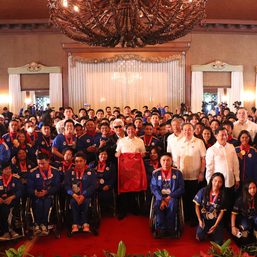

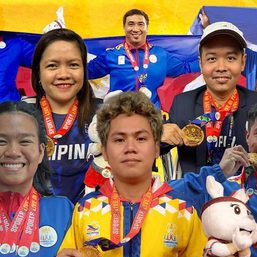
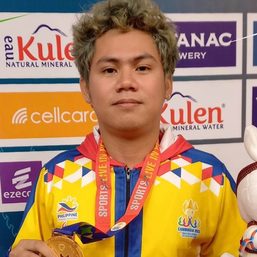
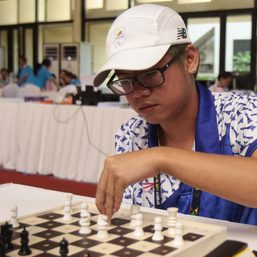
There are no comments yet. Add your comment to start the conversation.